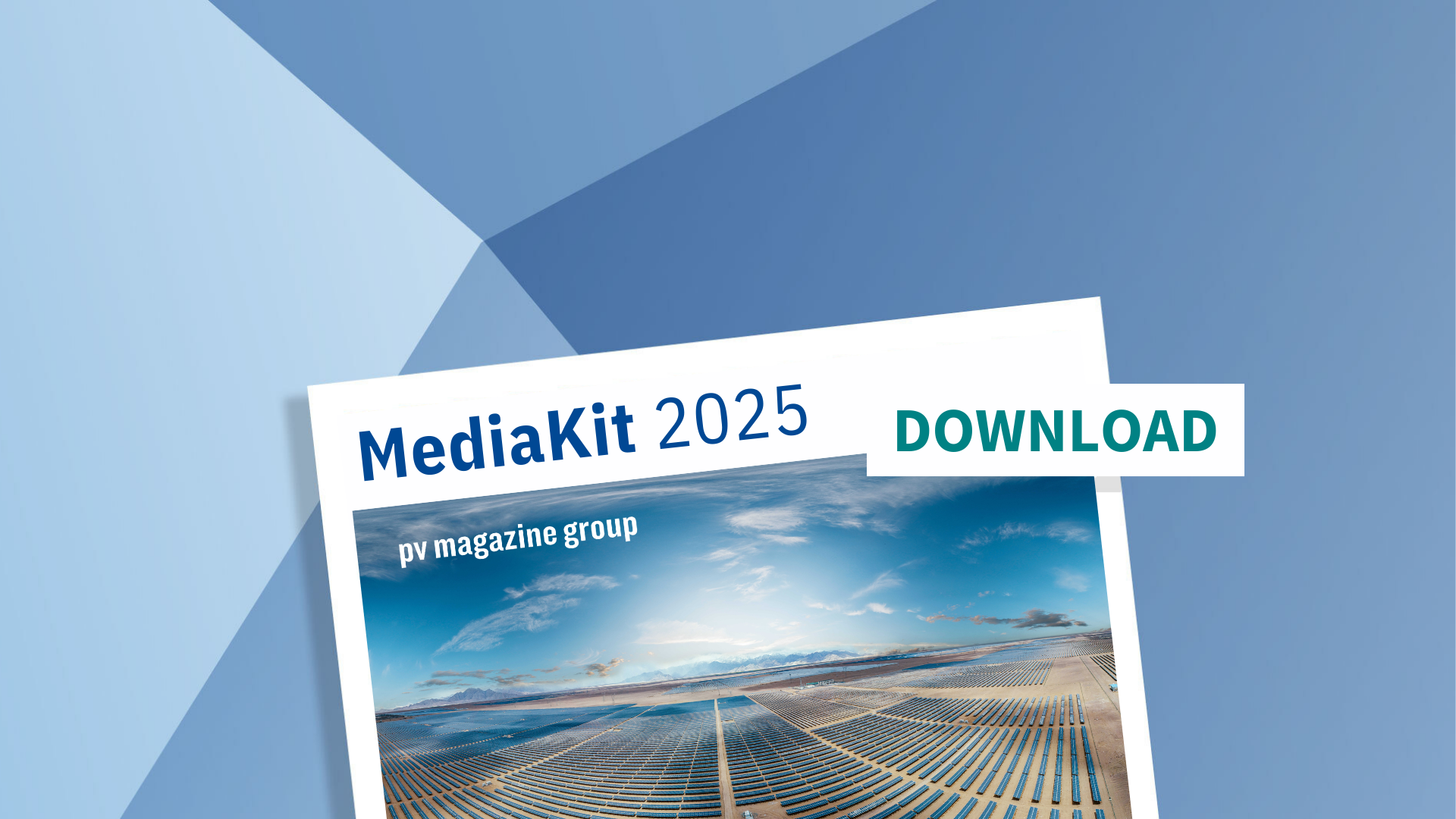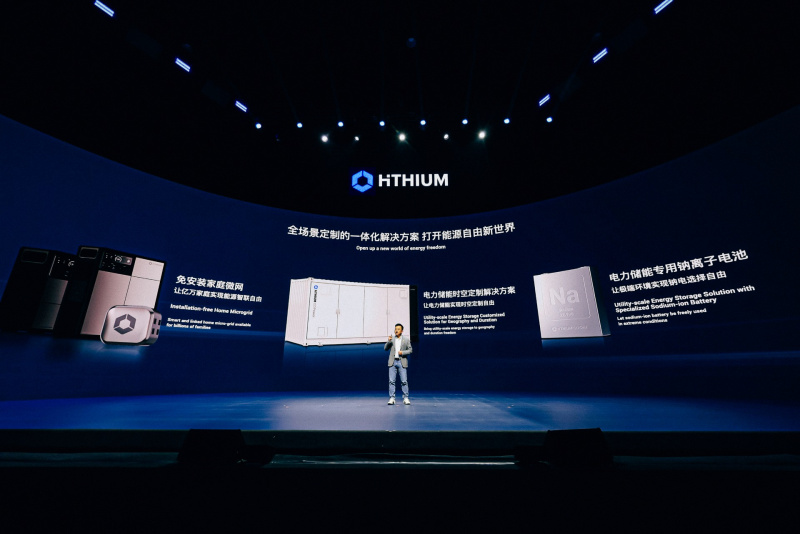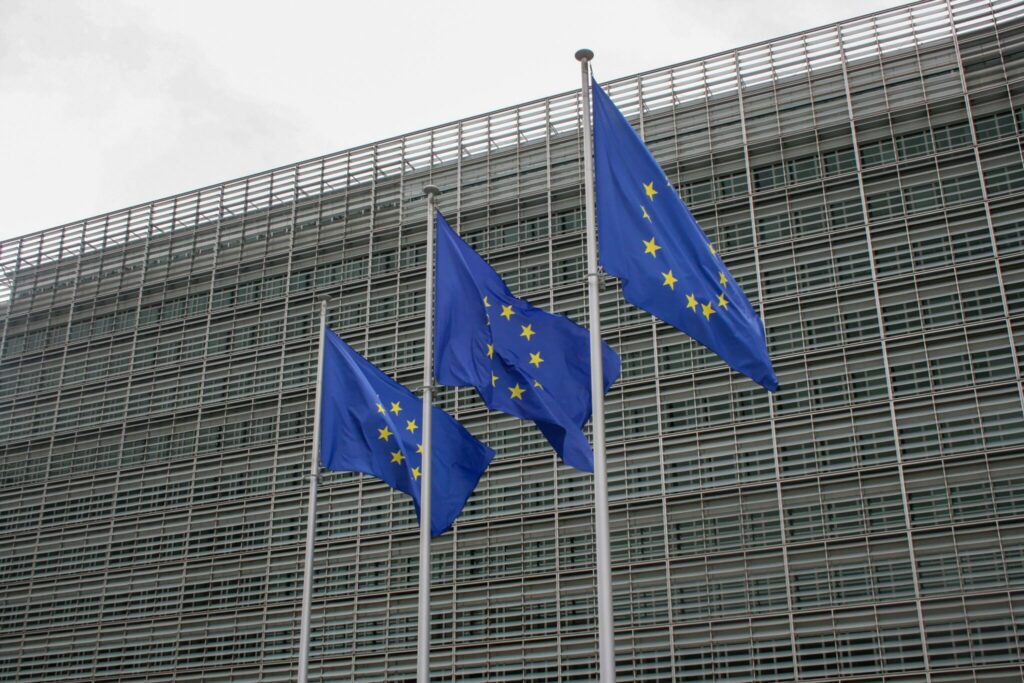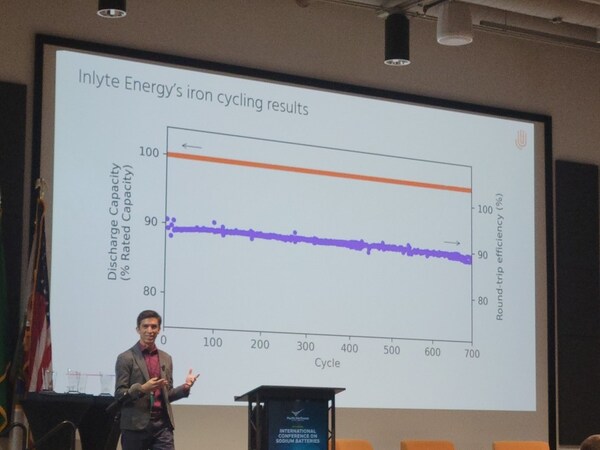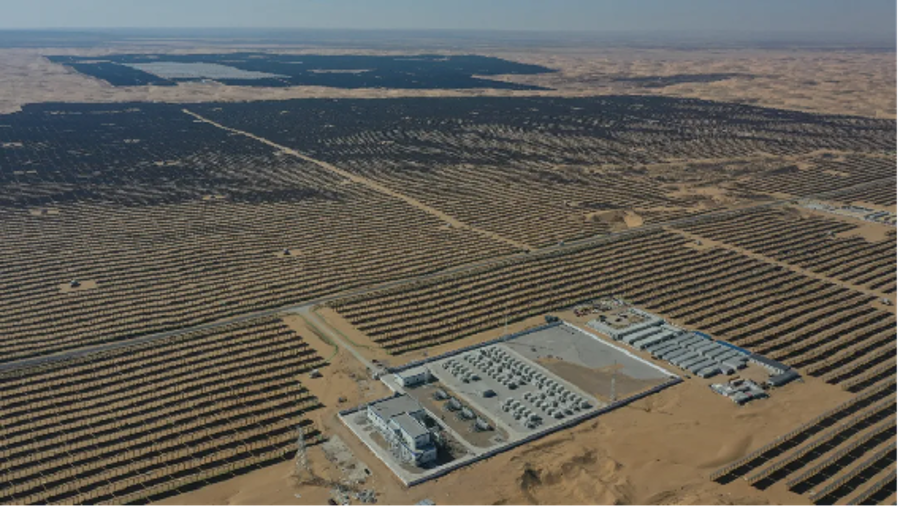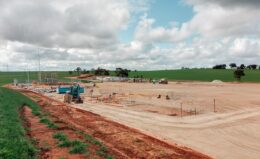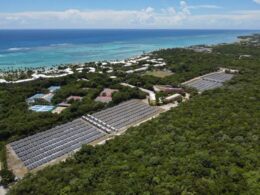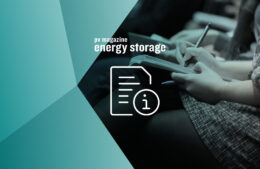ESB officially opens its latest battery storage project in Co Cork as part of €300m investment
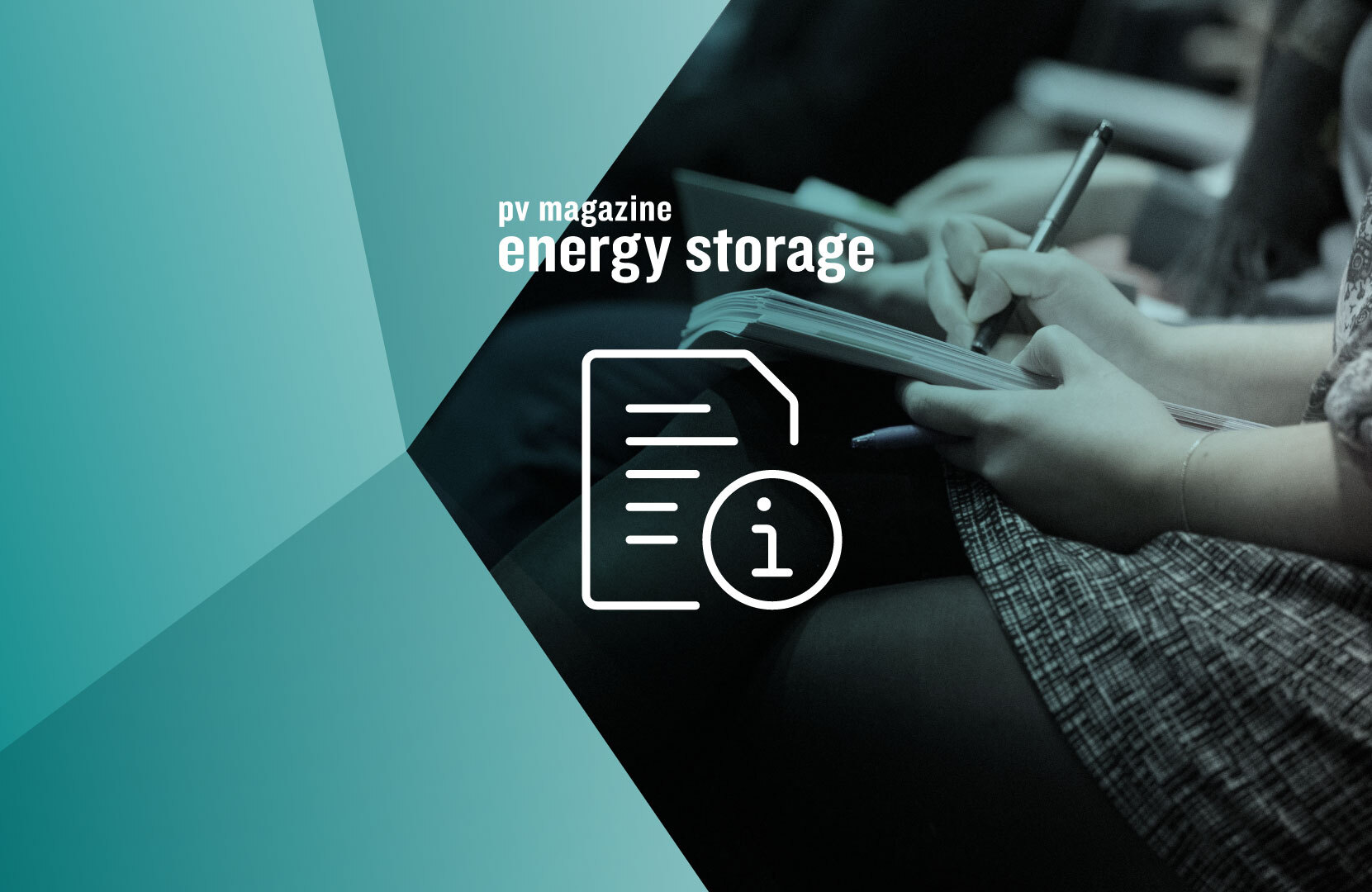
This battery energy storage system (BESS) project is the latest in ESB’s pipeline of projects delivered at sites in Dublin and Cork which are part of its investment of up to €300m in the technology. In 2022, ESB launched the first of its BESS sites, the 19MW (38MWh) project – also in Aghada. Earlier in 2024 a new 75MW (150MWh) project was opened at ESB’s Poolbeg Energy Hub in Dublin.
ESB has partnered with Fluence – a global leader in energy storage products, services and software – as well as Irish company Powercomm Group to deliver this project.
EU Commissioner-designate for Democracy, Justice and Rule of Law, Michael McGrath, commented: “I am delighted to be here in Aghada again for the launch of ESB’s latest battery storage project. Through the delivery of projects like this, which will facilitate more renewable sources of energy onto the electricity system, it is clear that ESB’s relationship with Co Cork will continue into the future. This technology, delivered by ESB and their partners, can play an important role in achieving climate targets both in Ireland and at European level in the pursuit of net zero carbon emissions”.
Paddy Hayes, ESB Chief Executive, outlined how the project will support ESB’s Net Zero by 2040 carbon emissions target: “ESB’s Aghada site in Cork has been a key part of the progressive development of the Irish electricity system for over 40 years – and the launch of ESB’s largest battery storage project so far is another significant milestone. These batteries support energy security, reduce peak prices and help to maximise the benefit of renewables. This is the latest of ESB’s ’Invested in Ireland’ projects, with over €300 million recently invested in storage and security, supporting Ireland’s National Development and Climate Action plans.”
These high-capacity batteries can store excess renewable energy for discharge when required, and in doing so, help to support Ireland in reaching its ambitious climate targets by 2030 and ESB in achieving its Net Zero by 2040 strategy.



